The F1 Movie Will Annoy Motorsport Fans – And That’s Fine

Fair warning: this article contains spoilers for the F1 movie.
It’s actually quite impressive how few good racing films there have been. If any sport’s going to lend itself to Hollywood, surely something as dangerous, visceral and drenched in political wrangling as motorsport is a perfect fit?
And yet for every Rush, Le Mans ’66 or, erm, Cars, there are plenty of Driven, Gran Turismo and Race for Glory-level stinkers. Of course, it doesn’t help that racing fans are often a pedantic, tricky bunch to please. The internet will pick apart any scene that’s not created with 100 per cent accuracy to the real sport. Perhaps it’s this fear of being torn a new one by MonacoMan11 on the Autosport forums that’s kept directors away from a sport full of the sort of storylines and drama that are easy candidates for film-ification.
That fear evidently hasn’t stopped Joseph Kosinski, who, fresh off the slice of cinematic excellence that was Top Gun: Maverick, has taken on F1 with a film creatively titled… F1. (Quite sensibly, most marketing material has now switched to calling it ‘F1: The Movie'.)

You know the basics by now: the production, with the full backing of the sport, and one Lewis Hamilton on board as executive producer, has spent the last couple of years filming at actual F1 races, with stars Brad Pitt and Damson Idris getting genuine seat time in a modified F2 car. Although centred around a fictional 11th team – APXGP – lots of the on-track action is exactly as it happened in the real 2023 and 2024 seasons. It should, by all rights, finally be the film that shuts up the pedants and the F1 hardcore.
It’s not, though. That much should be obvious before you’ve even made your way to the cinema, because the basic plot revolves around Pitt’s character, Sonny Hayes – a rising star of the early 1990s whose career was cut short by a horrific accident – being given a second shot by his old on-track frenemy and now APX team owner, Ruben Cervantes (Javier Bardem).
This, immediately, is going to set the alarm bells ringing for people hoping for total accuracy. Hayes’ actual age is never mentioned in the film, but given that he was the next big thing in the early ’90s, it’s safe to assume he’s not supposed to be much younger than Pitt’s real age of 61.
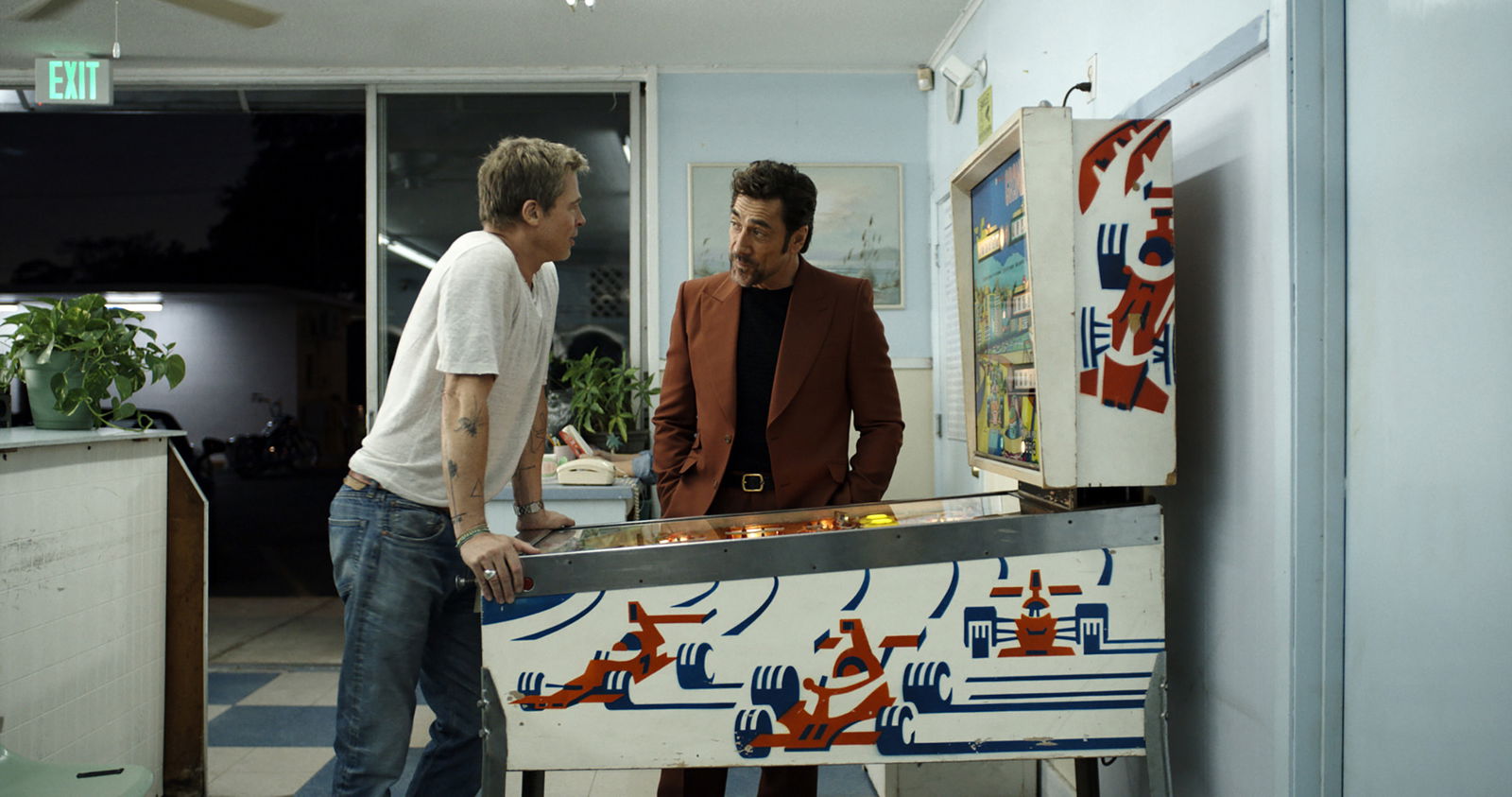
This, obviously, would never happen in reality, and it doesn’t stop there. At the beginning, for instance, Hayes is a driver-for-hire in the 24 Hours of Daytona (and here, the film deserves a shoutout for shining a spotlight on other, excellent forms of racing – the Daytona action scenes, shot around the real race last year, are a fantastic cinematisation of the grittiness of endurance racing).
The problem here is that, shortly after Daytona, when Hayes is approached by Cervantes with the offer of a test, there are apparently only nine rounds left of the F1 season. The Daytona 24, in real life, takes place in January.
But you know what? It’s a movie. It’s a big summer blockbuster, and big summer blockbusters usually require you to switch off any part of your brain that actually knows about the subject matter at hand.
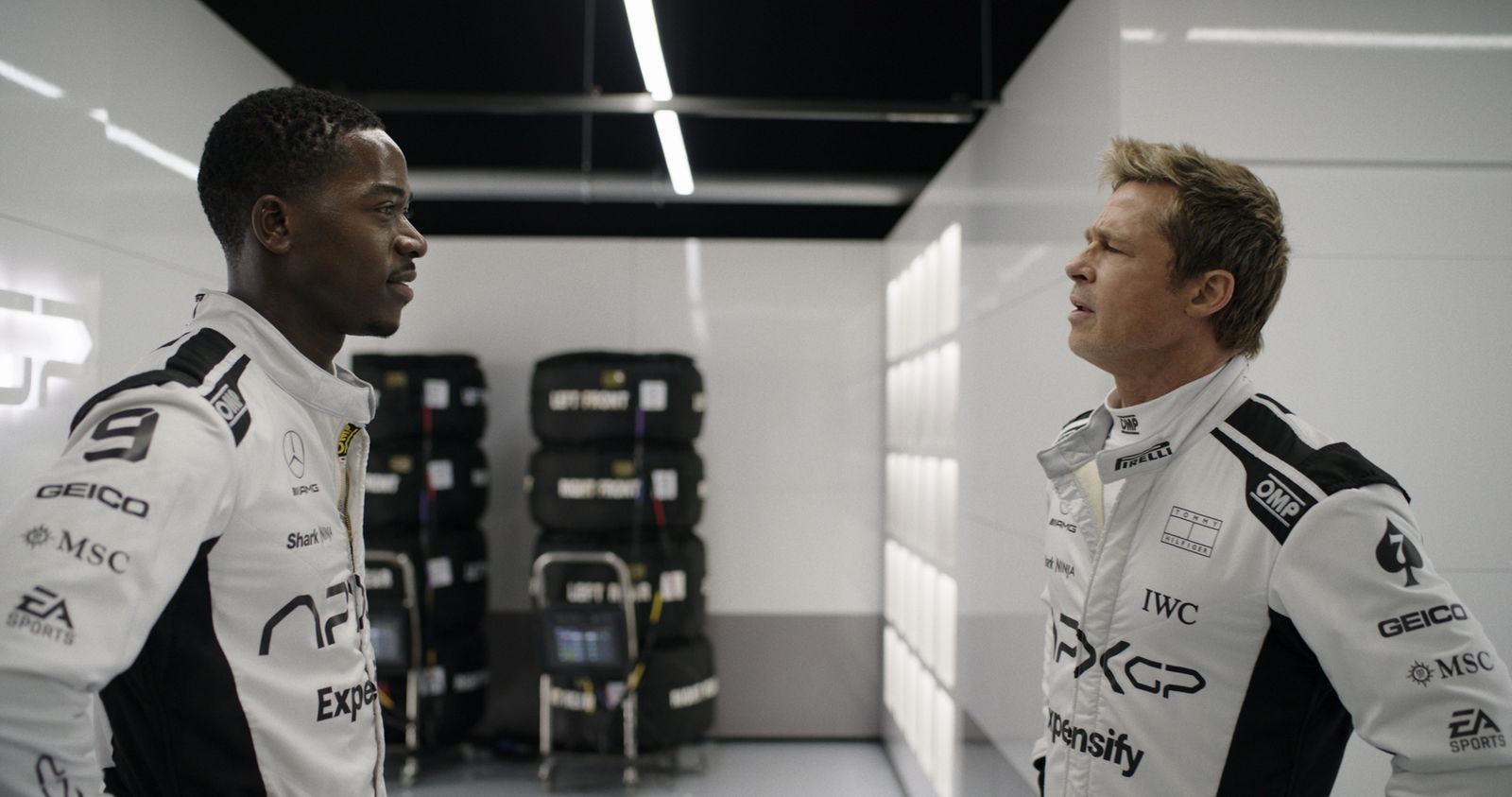
There is one element that’s a bit harder to forgive, though. The ridiculous 30-year gap in Hayes’ F1 career, the liberties taken with the real-life motorsport calendar – all this is a bit of cinematic licence. It’s just a shame that, to drive the early part of the film, Hayes and the fictional APX squad rely on something that, in reality, would have massive consequences – race fixing.
It happens a couple of times, most egregiously in the film’s depiction of the 2023 Hungarian GP, where Hayes deliberately causes several safety cars in order to give his team mate, rookie Joshua Pearce (Damson Idris), a pit stop advantage. This is literally the tactic that saw then-Renault F1 team director Flavio Briatore hit with a (since rescinded) lifetime ban from the sport when it was employed at the 2008 Singapore GP. In the film, APXGP receives little more than a slap on the wrist.
It’s not only surprising that Formula 1 was happy to sign off on this as a plot element, but it’s probably a suspension of disbelief too far. There are lots of other ways the plot could have been moved along in exciting, dramatic ways without leaning into something that’s going to leave anyone with even a base-level knowledge of the sport scratching their heads.

Despite all this, though, the film deserves plenty of praise for its depiction of Formula 1. The onboard action scenes, using the same kind of thrilling wide-angle shots that made Top Gun: Maverick so visually exciting, look generally excellent, and pedants will be pleased that it’s steered clear of dubbing classic V10 noises over the cars, instead leaning admirably into the less-than-sonorous soundtrack of the modern V6 hybrid powertrains.
Even if it had fallen into that very tempting trap, though, it would arguably have been forgivable, because once again: it’s a movie. If motorsport fans want to watch something that’s totally accurate to F1, then they could go watch an actual F1 race – it’s just that the nature of the real sport means there’s an equal chance of it being a Hollywood-worthy thriller or a good excuse for a Sunday afternoon snooze.
Setting out to make a film eliminated that element of chance, and gave Kosinski and co. the control they needed to go out and make something properly entertaining, a job they’ve largely succeeded at.

It’s no French arthouse film: the plot is about as predictably stock sports drama as you can get, only slightly turning the tables so that Pitt’s ‘experienced old hand’ stock character is the one with the odds stacked against him rather than Idris’ ‘talented but cocky rookie’.
It also features quite possibly the most inconsequential romance subplot in cinematic history, something it could have been just as entertaining without. In fact, it seems to be the only reason that APX technical director Kate (Kerry Condon), who the film's universe is at pains to point out is the first woman to fill that role in F1, is female at all. Between that and the equally undeveloped focus on pit mechanic Jodie (Callie Cooke), you can’t help but raise some questions about the film’s female representation, given it’s backed by a sport that’s making such a public push to get more women onboard in real life.
But ultimately, F1: The Movie is a slick, visually spectacular, nicely paced and well-acted two and a half hours, and really, that’s all you can ask for from a film designed to rake in money at the summer box office. It may catch the ire of some of the sport’s diehard fans, but equally, it’s in with a good chance of getting even more eyes on Formula 1 than it already has, which can’t be a bad thing.
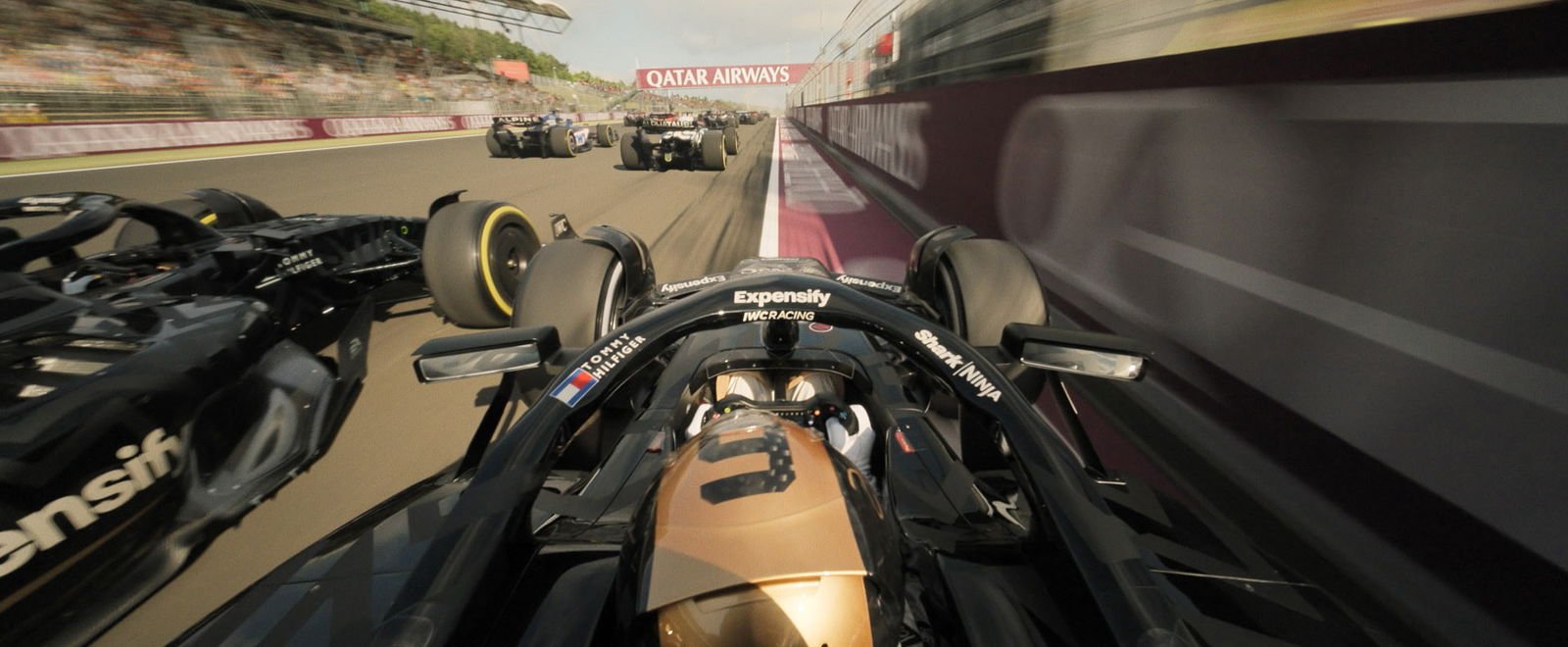
And if you’re about to jump on Reddit and grumble that there wasn’t enough chat about lift-and-coast techniques or tyre degradation, then take two seconds, switch off your computer, and repeat after me: it’s a movie. If you want to watch F1, then there’s always F1. As yesterday’s Austrian Grand Prix proved, it can sometimes be pretty entertaining in its own right.
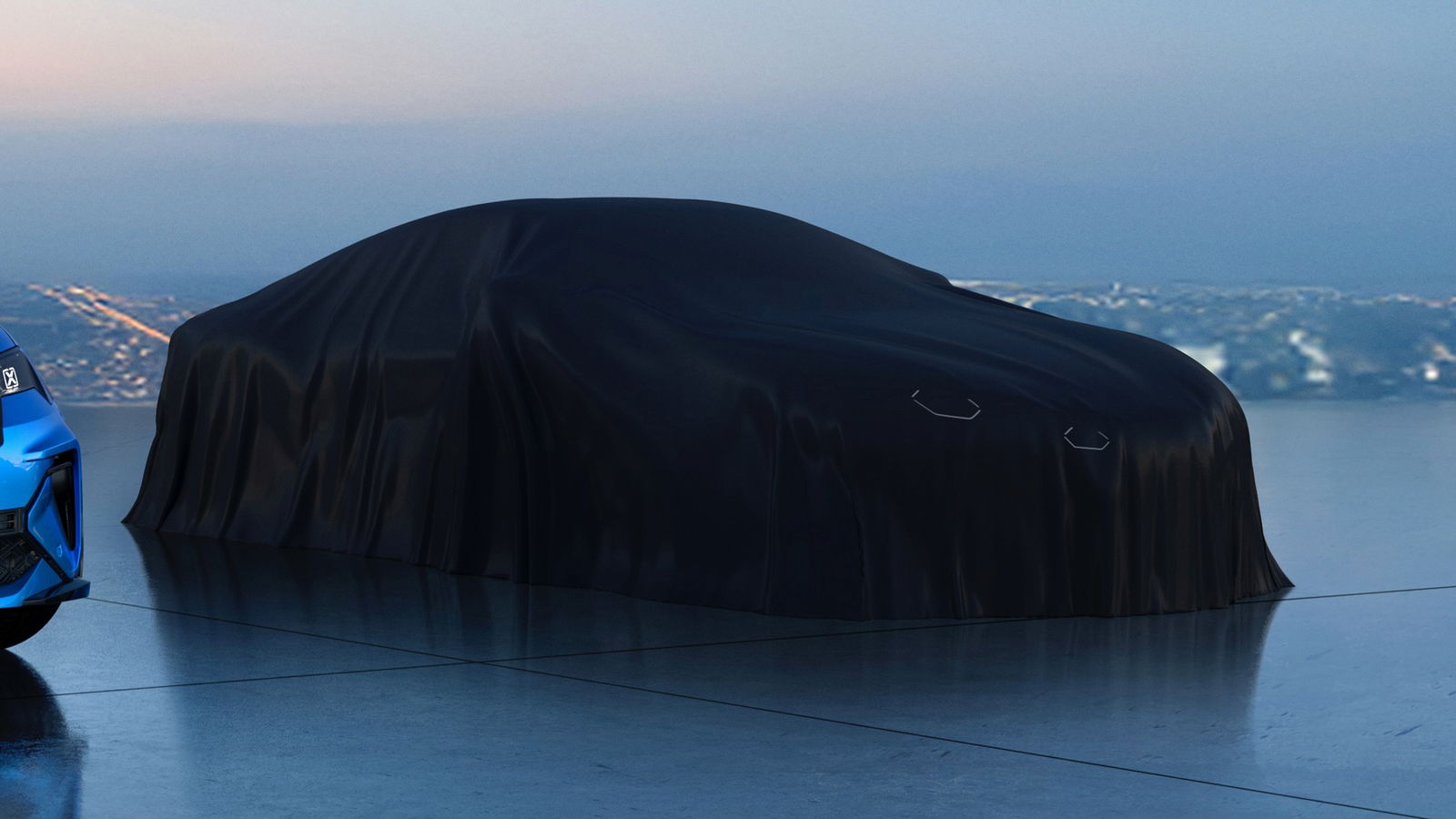
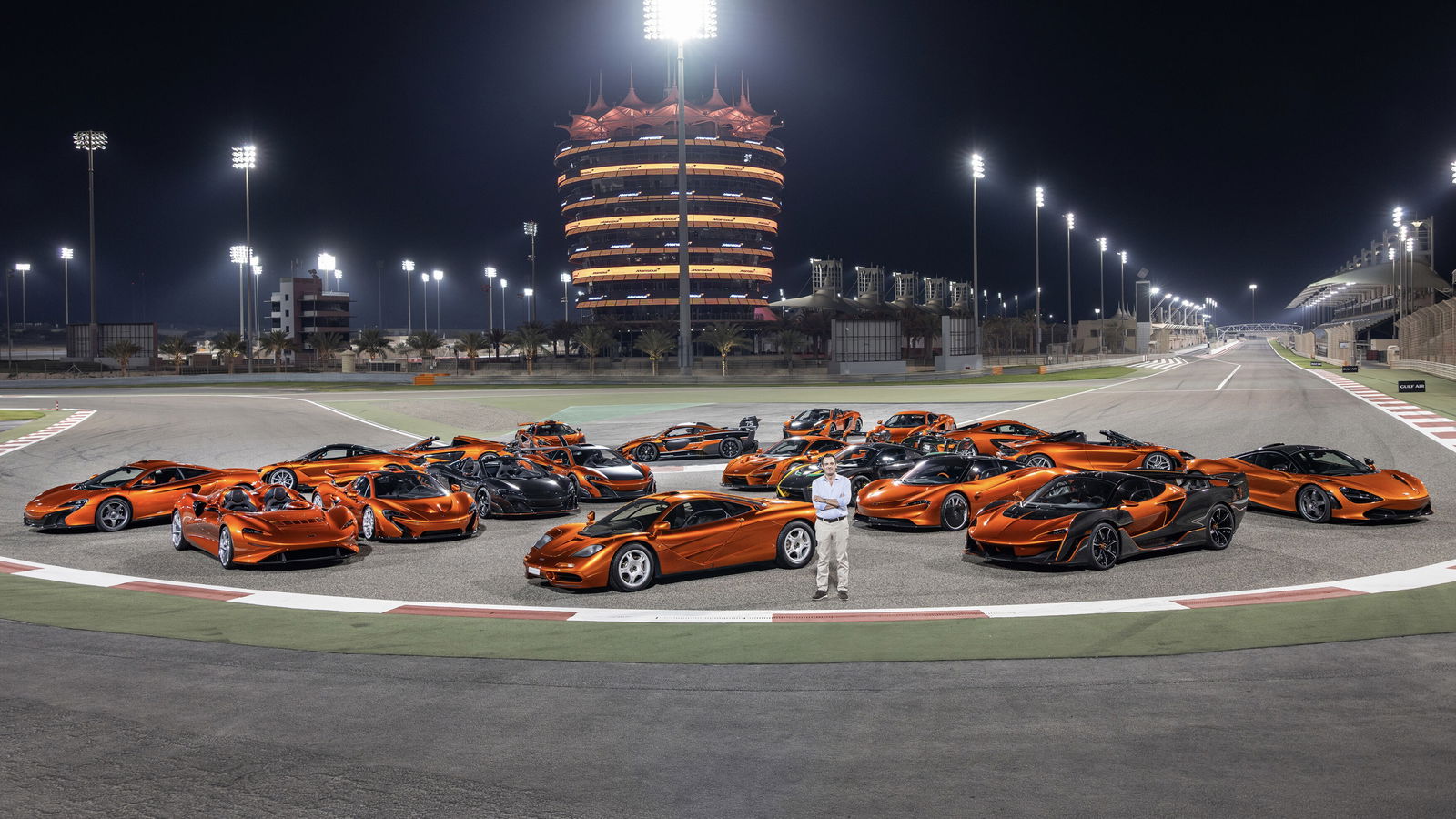







Comments